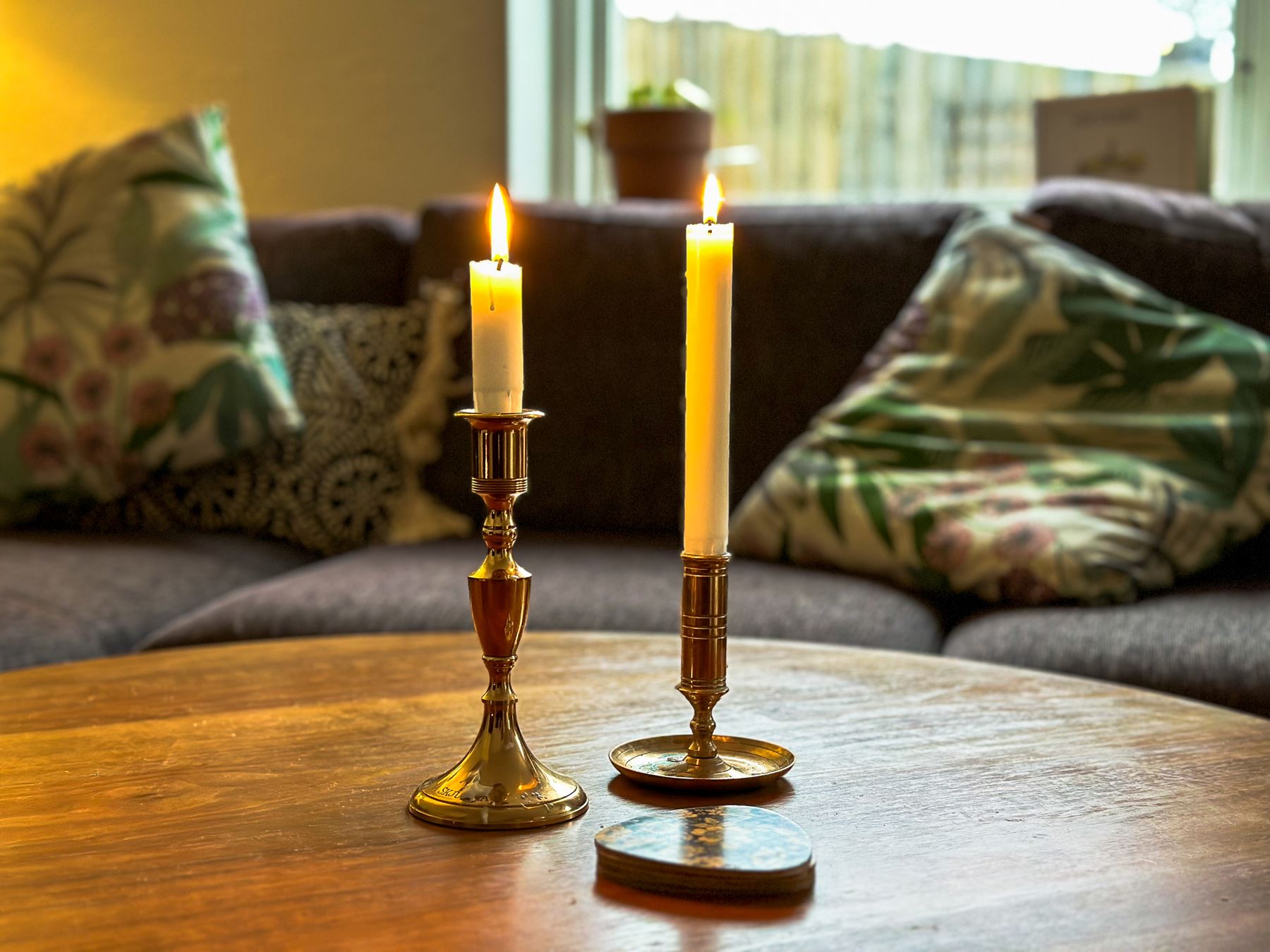60% lower climate impact with Nordic Swan Ecolabel candles
The consumption of candles continues to increase in the EU, with increased climate emissions as a consequence, according to recent figures from Eurostat. China is among the countries that export the most candles. But there are better choices for the climate. A new life cycle analysis shows that Nordic Swan Ecolabel candles lead to a 55-60% reduction in greenhouse gas emissions compared to paraffin candles.

Thanks to requirements on renewable raw materials, Nordic Swan Ecolabel candles are a much better choice for the climate compared to candles made from fossil raw materials. This is the conclusion of the new life cycle analysis carried out by RISE – Research Institutes of Sweden, on behalf of Nordic Ecolabelling.
The world is in a climate crisis and greenhouse gas emissions must be reduced. Many consumers consider the climate issue to be the most important sustainability issue. If you are going to buy candles, you can make a small but simple choice by choosing a Nordic Swan Ecolabel candle, instead of an "ugly candle" made from fossil raw materials. This reduces the climate impact by 55-60%, says ,
The results of the life cycle analysis show the importance of using renewable raw material, stearin, instead of fossil raw material, paraffin, in candles to reduce its climate impact. The combustion of paraffin is the main contributing factor to the increased climate impact of paraffin candles.
The renewable raw material in Nordic Swan Ecolabel candles must be at least 90%, and the stearin must not consist of palm oil or soybean oil. The extraction of palm oil, which is a renewable raw material, can lead to deforestation with devastating consequences for local populations, the environment and the climate.
The Nordic Swan Ecolabel, which is the official ecolabel of the Nordic countries, is based on a holistic perspective so as not to shift environmental problems from one area to another and evaluates which renewable raw material is most sustainable based on each individual product group.
Lower climate impact when choosing Nordic Swan Ecolabel candles:
- The analysis shows that the climate impact of Nordic Swan Ecolabel candles is 55-60% lower compared to paraffin candles. The analysis is a life cycle analysis that includes the climate impact from the production of raw materials, the production of candles, transport to stores and the incineration of candles. The climate impact of greenhouse gases is calculated in CO2 equivalents.
- The comparison is based on the fact that the production of both stearin and paraffin candles takes place in Sweden. However, paraffin candles are often produced outside the EU, e.g. in China. China accounts for 71% of the candles imported by EU countries from non-EU countries. If the comparison would have been made with a paraffin candle made in China, the difference in climate impact would have been greater, partly due to long transports and partly due to poorer electricity mix.
- In 2022, EU countries consumed 860,319 tonnes of candles worth SEK 24,500,000 (EUR 2,485,725). The majority of all candles purchased are made of paraffin.
- 53% of Nordic consumers consider the climate issue to be the most important sustainability issue, according to the Nordic Swan Ecolabel's Nordic Consumer Survey.
The life cycle analysis has been carried out by RISE – Research Institutes of Sweden, and is based on the Nordic Swan Ecolabel's criteria for light, generation 2.8.
The study was carried out within the framework of Sustainable Lifestyle, a project in collaboration with the Nordic Council of Ministers.
Sources:
Candle Statistics from 2016 to 2022 | ECMA
Significant growth of EU candle trade in 2022 - Products Eurostat News